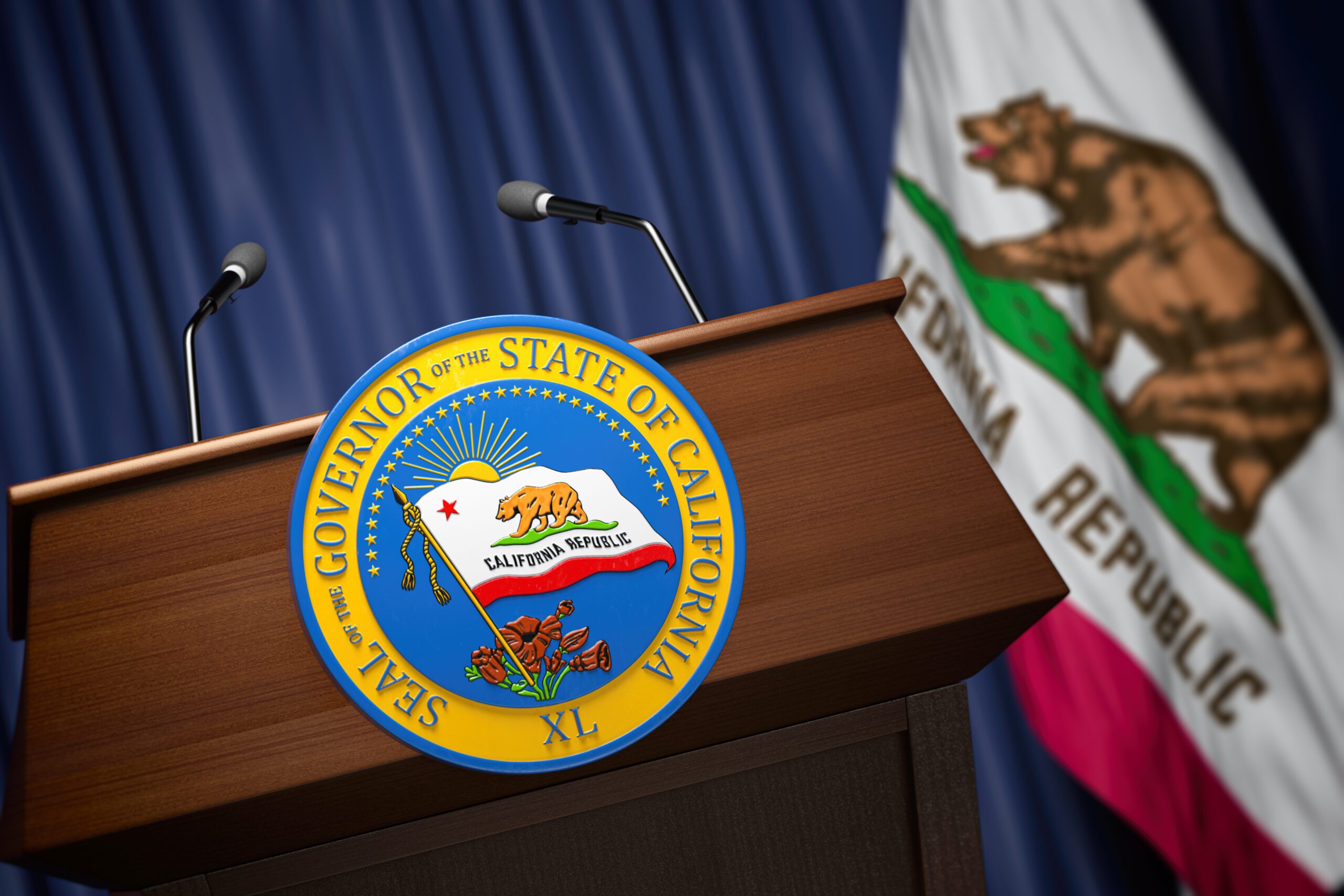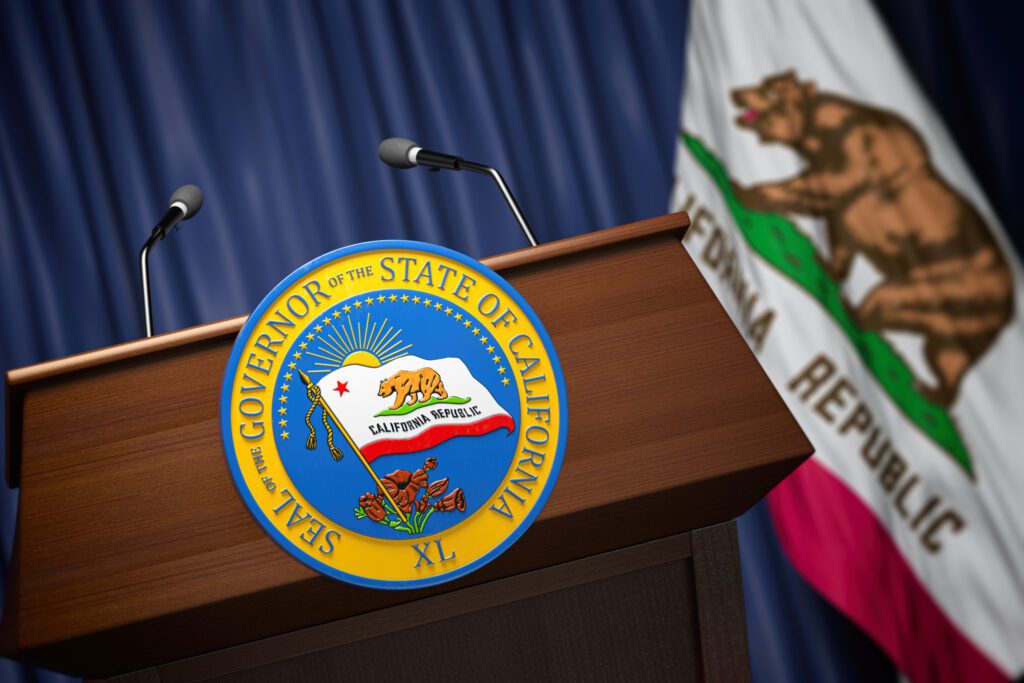Commentary – Gov. Newsom to Present 2026 Budget: What Black Californians Should Watch

By Joe W. Bowers Jr. | California Black Media
By Jan. 10, Gov. Gavin Newsom will present his proposed 2026 budget, addressing a $2 billion projected deficit while setting priorities for California’s education, housing, healthcare, and more.

This budget will incorporate strategies discussed during a recent special legislative session convened to prepare for potential conflicts with the incoming Trump administration and to safeguard critical state programs against federal interference or defunding.
During the Dec. 2 special legislative session, lawmakers introduced SBX-1 authored by Sen. Scott Wiener (D-San Francisco), which allocates $25 million to the California Department of Justice to cover litigation costs for defending state policies against federal challenges. These funds will support Attorney General Rob Bonta’s office in lawsuits targeting federal actions on reproductive rights, zero-emission vehicle standards, and the Deferred Action for Childhood Arrivals (DACA) program. An additional $10 million is earmarked for county and city legal departments to defend local initiatives.
Bonta emphasized the state’s proactive stance, stating, “We will be asking for sufficient resources to fight back against the attacks that we expect from the Trump administration.” His office is already preparing legal briefs to address potential federal policies that could undermine California’s policy priorities.
In the 2025-26 budget, Proposition 98 funding, which determines the minimum level of funding for K-12 schools and community colleges, is projected to increase by $1.5 billion, raising the total funding guarantee to $116.8 billion. Of this amount, $2.8 billion will be available for new commitments, reflecting forecasts for growth and a 2.46% statutory cost-of-living adjustment.
Despite this funding boost, inequities persist in educational outcomes for Black students, who face suspension rates nearly three times higher than their peers and lower graduation rates. Discretionary funds could support programs aimed at addressing these disparities, including investments in teacher training, mental health services, and restorative justice initiatives.
California’s higher education system is expected to benefit from increased funding to support affordability and access across its community colleges, California State University, and University of California systems. The budget will likely emphasize financial aid expansion, enrollment growth for underserved groups, and infrastructure improvements, while aligning educational programs with workforce needs to ensure graduates are prepared to fill existing gaps in the job market.
California’s housing crisis continues to disproportionately affect Black residents. Although Black Californians make up nearly 6% of the state’s population, they represent roughly 50% of its unsheltered homeless population. As of 2024, California’s homeless population exceeded 180,000, reflecting a 31% increase since 2007.
High rental costs, averaging $2,225 per month for a two-bedroom apartment statewide, contribute to housing instability. The budget is expected to include funding for affordable housing construction, homelessness prevention programs, and emergency rental assistance. However, long-term solutions such as increased funding for affordable housing developments and tenant protections remain critical.
Medi-Cal, which serves over 14 million Californians or about one-third of the state’s population, remains a critical focus area for the budget. With federal funding accounting for 64.4% of Medi-Cal’s budget, potential changes under the Trump administration could pose risks. The state has historically relied on reserves to stabilize Medi-Cal programs during times of uncertainty. Proposals expected in the 2026 budget include expanding access to mental health services, addressing maternal and infant health disparities in Black communities, and increasing funding for community clinics in underserved areas.
Investments in childcare and early education programs are also expected to reduce economic burdens on families by improving access to affordable and quality services. Additionally, the budget will likely prioritize environmental justice initiatives aimed at improving air quality and providing safe drinking water in underserved communities, addressing longstanding health and environmental disparities. Public transportation improvements are expected to receive attention as well, enhancing accessibility and economic mobility in Black and low-income communities.
Economic recovery poses significant challenges for Black Californians, who face an unemployment rate of 6.7%, significantly higher than the 3.4% rate for White and Asian individuals and the 5.9% rate for Hispanic or Latino individuals. These disparities underscore the need for workforce development programs, including apprenticeships, small business grants, and enforcement against wage theft.
California’s fiscal outlook reflects long-term structural challenges. While the $2 billion deficit for 2026 is modest, spending growth is projected to outpace revenue increases, with annual deficits potentially reaching $30 billion by 2028-29 if adjustments are not made. Temporary revenue boosts, such as $7 billion from income tax collections linked to stock market gains, have provided short-term relief but are not sustainable solutions. Spending growth, averaging 5.8% annually, continues to outpace revenue growth of 4%. The state’s rainy-day fund, which holds $10.7 billion, is expected to play a critical role in managing fiscal pressures and maintaining essential services.
The California Legislative Black Caucus (CLBC) is anticipated to play an active role in budget negotiations. Historically, the caucus has championed policies that address disparities in education, housing, and healthcare impacting Black Californians.
In the 2026 budget cycle, the CLBC is expected to prioritize equitable distribution of Proposition 98 funds, expanded allocations for affordable housing, and targeted healthcare initiatives to address disparities in underserved communities. With $3.7 billion in the Proposition 98 reserve, discussions may focus on ensuring these funds address inequities affecting Black Californians.
Key dates in the budget process include May 14, when the Governor presents an updated version of the budget incorporating amended revenue forecasts and adjustments. June 15 is the deadline for the final budget passage.
Newsom’s 2026 budget will outline California’s approach to addressing systemic inequities while maintaining fiscal responsibility. The active involvement of stakeholders, including the CLBC, will be pivotal in shaping the state’s response to critical issues impacting Black Californians.




